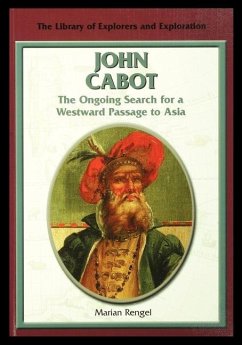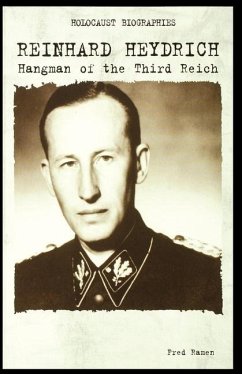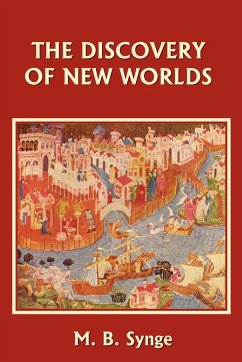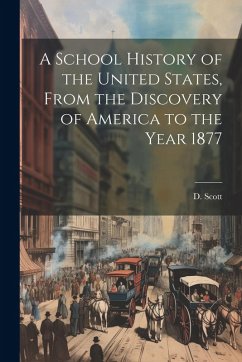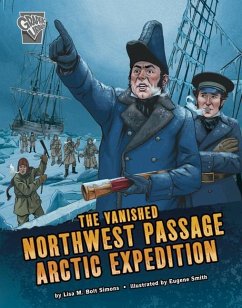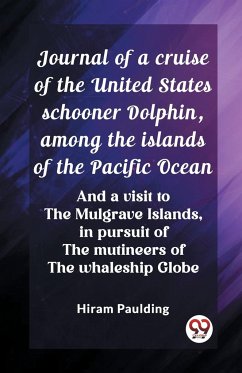
Journal of the Third Voyage for the Discovery of a North-West Passage
Versandkostenfrei!
Versandfertig in 1-2 Wochen
13,99 €
inkl. MwSt.
Weitere Ausgaben:

PAYBACK Punkte
7 °P sammeln!
"Journal of the Third Voyage for the Discovery of a North-West Passage" by Sir William Edward Parry recounts the intrepid expedition of 1824-1825 in search of a navigable route through the Arctic. Parry, a distinguished British naval officer and explorer, meticulously documents the challenges, triumphs, and scientific observations made during this perilous journey. In this captivating narrative, Parry illuminates the harsh realities of Arctic exploration, including treacherous ice floes, bitter cold, and the ever-looming threat of scurvy. His detailed accounts offer readers a vivid portrayal o...
"Journal of the Third Voyage for the Discovery of a North-West Passage" by Sir William Edward Parry recounts the intrepid expedition of 1824-1825 in search of a navigable route through the Arctic. Parry, a distinguished British naval officer and explorer, meticulously documents the challenges, triumphs, and scientific observations made during this perilous journey. In this captivating narrative, Parry illuminates the harsh realities of Arctic exploration, including treacherous ice floes, bitter cold, and the ever-looming threat of scurvy. His detailed accounts offer readers a vivid portrayal of the unforgiving Arctic landscape and the resilience of the human spirit in the face of adversity. Through Parry's keen observations and insightful commentary, "Journal of the Third Voyage" not only serves as a historical record of exploration but also as a testament to the bravery and determination of those who dared to venture into the unknown.





